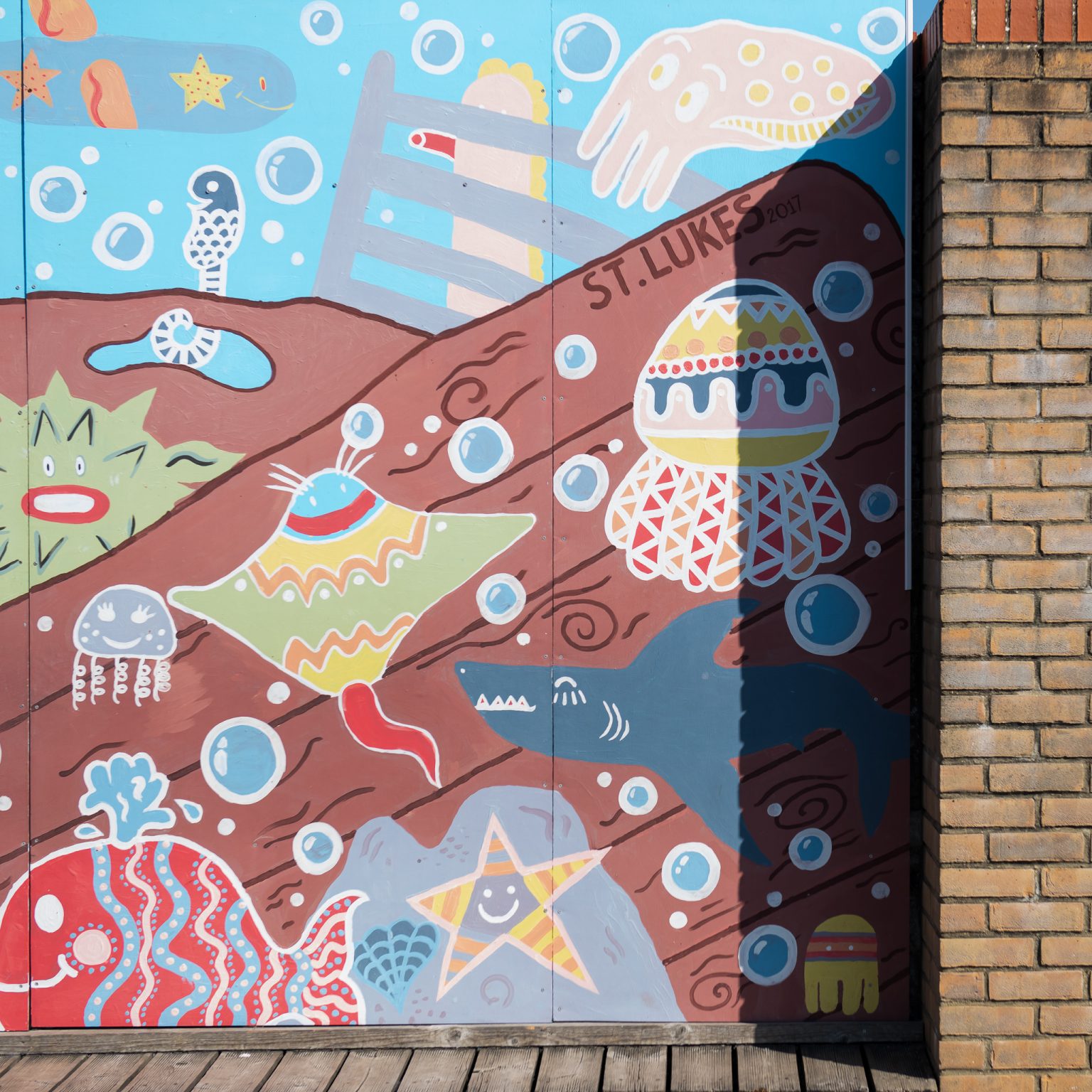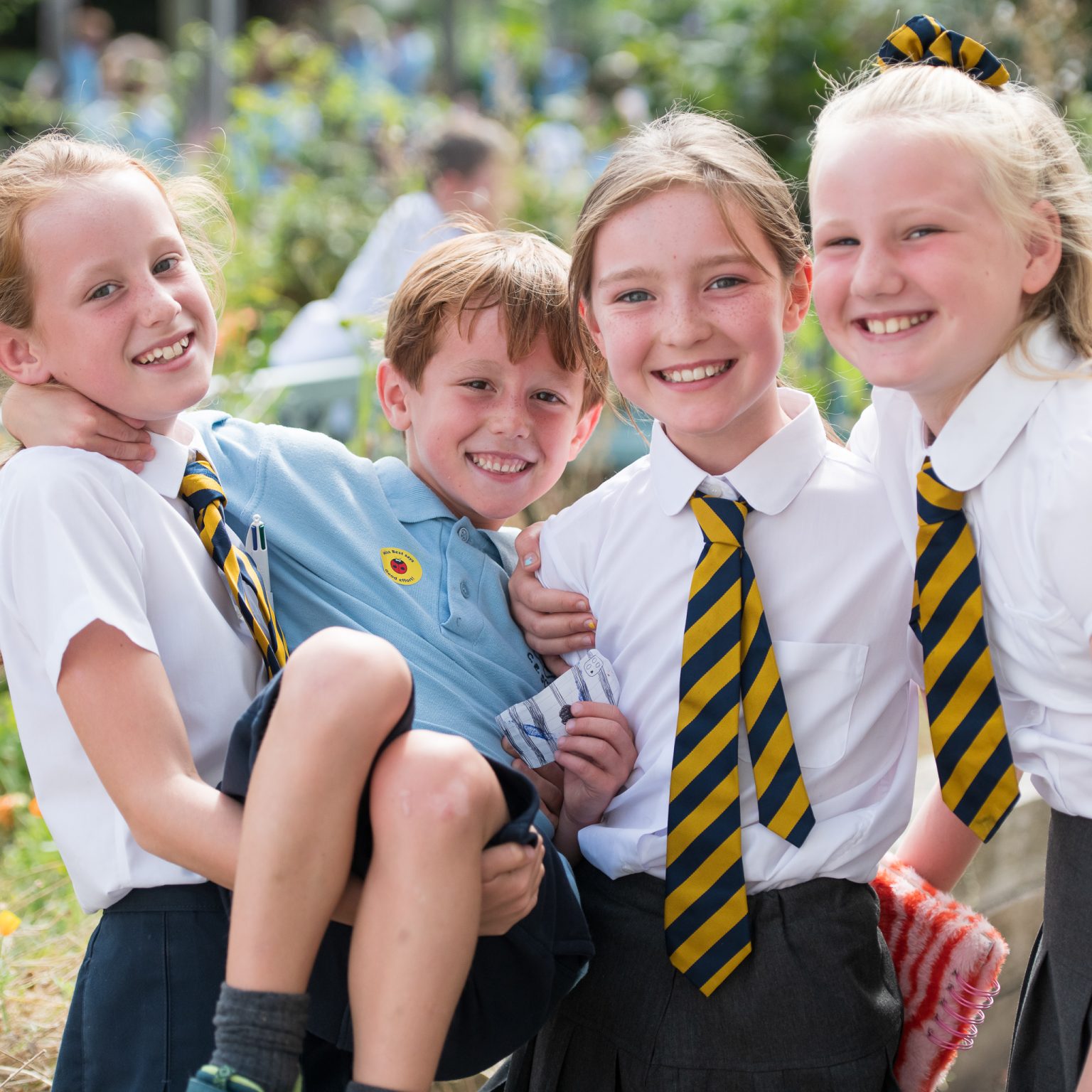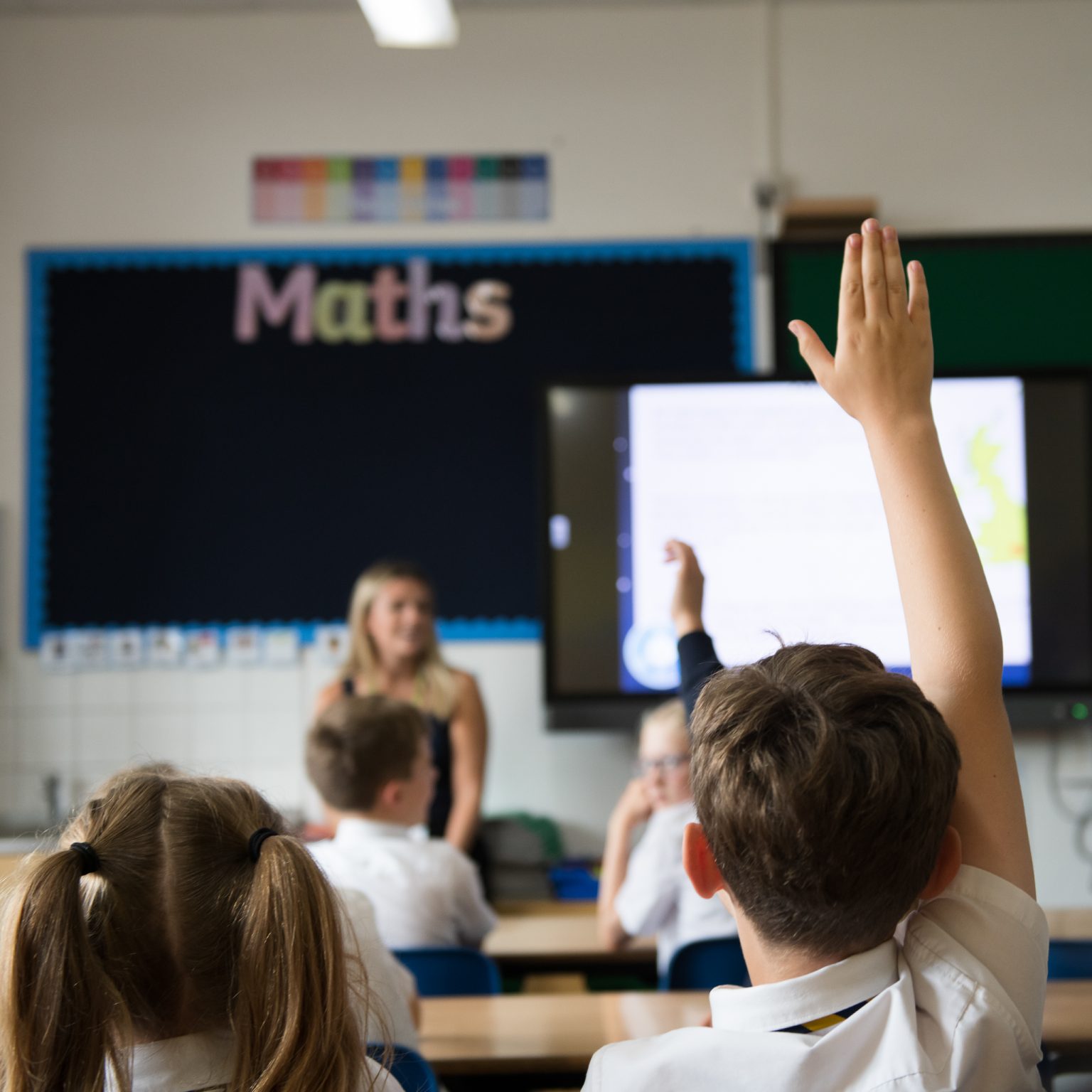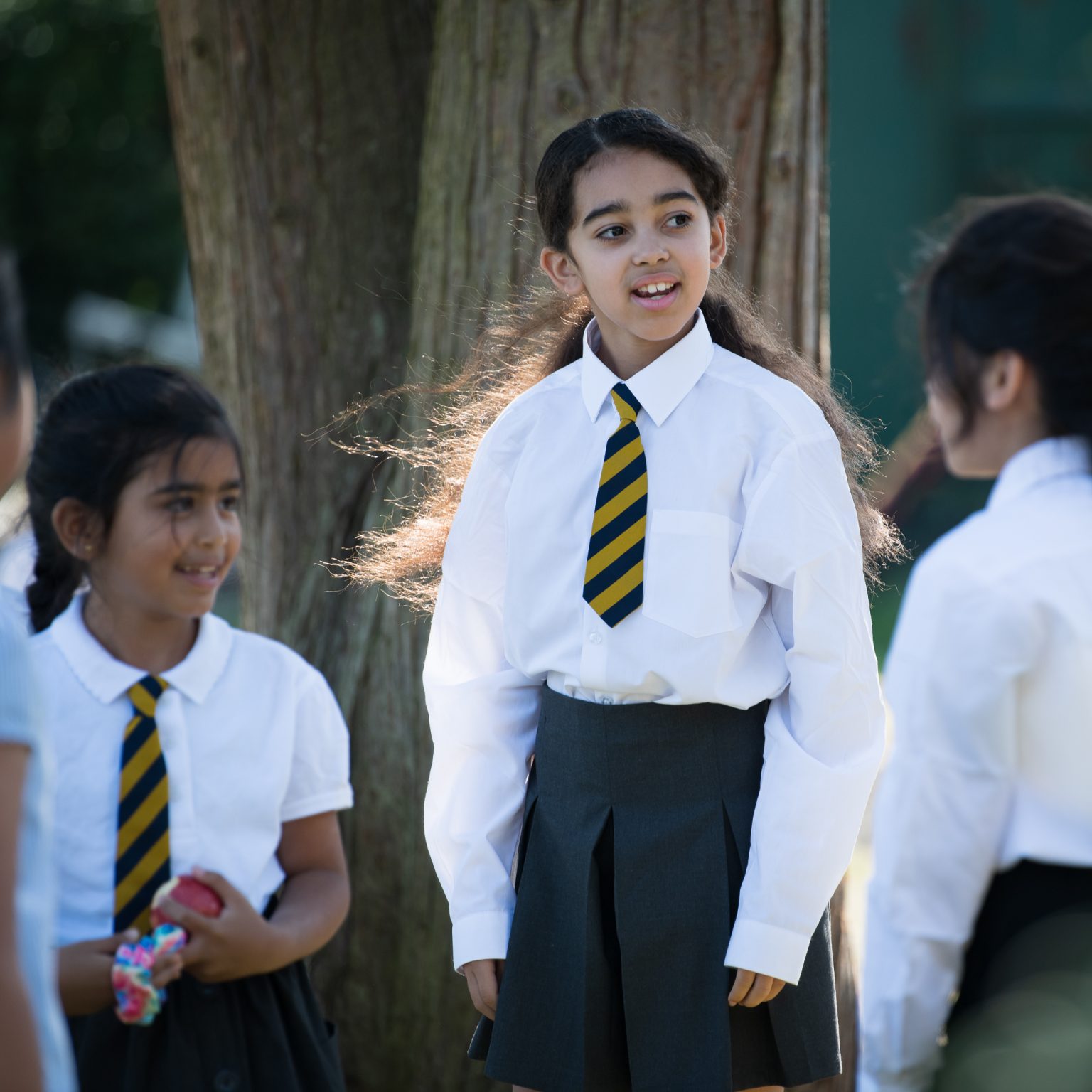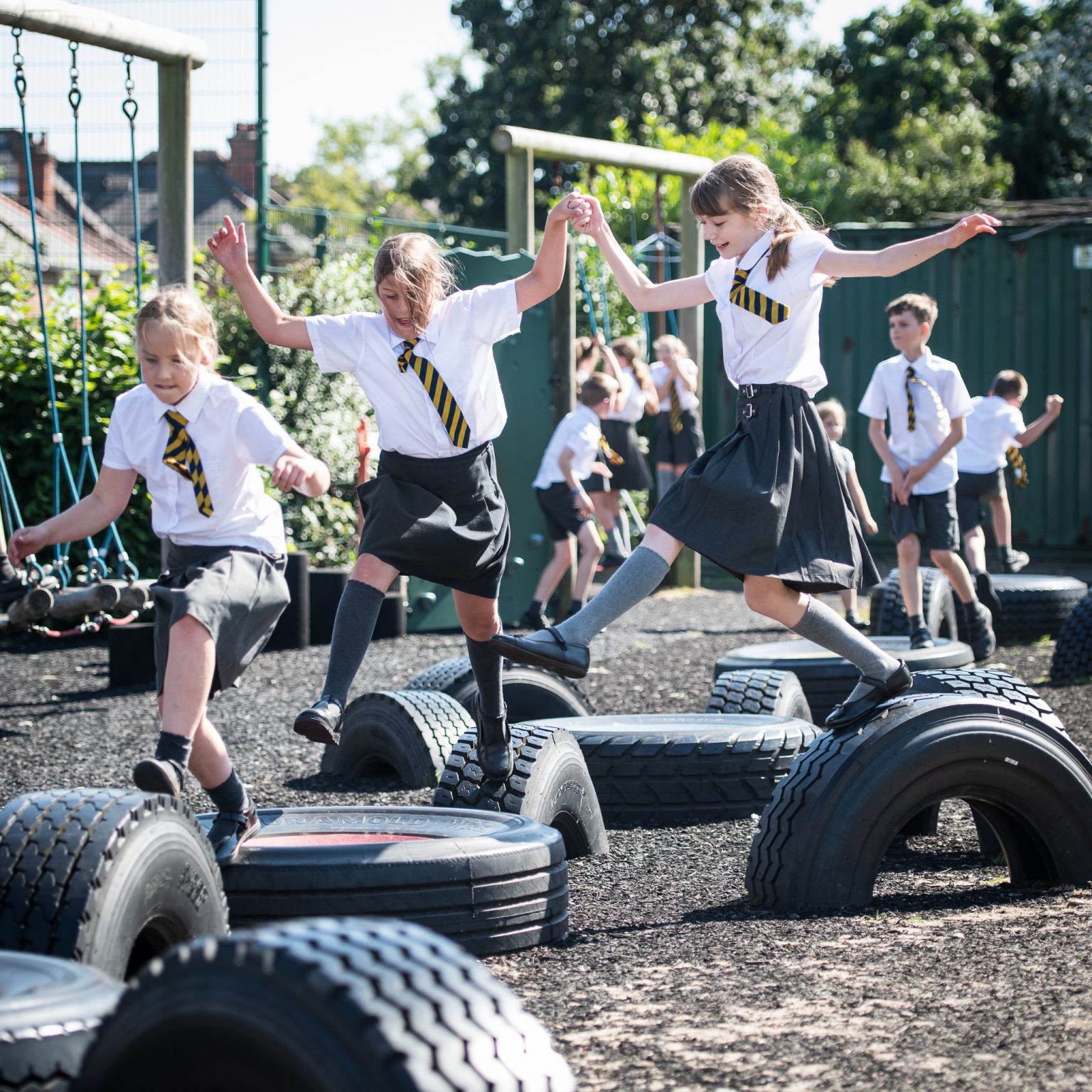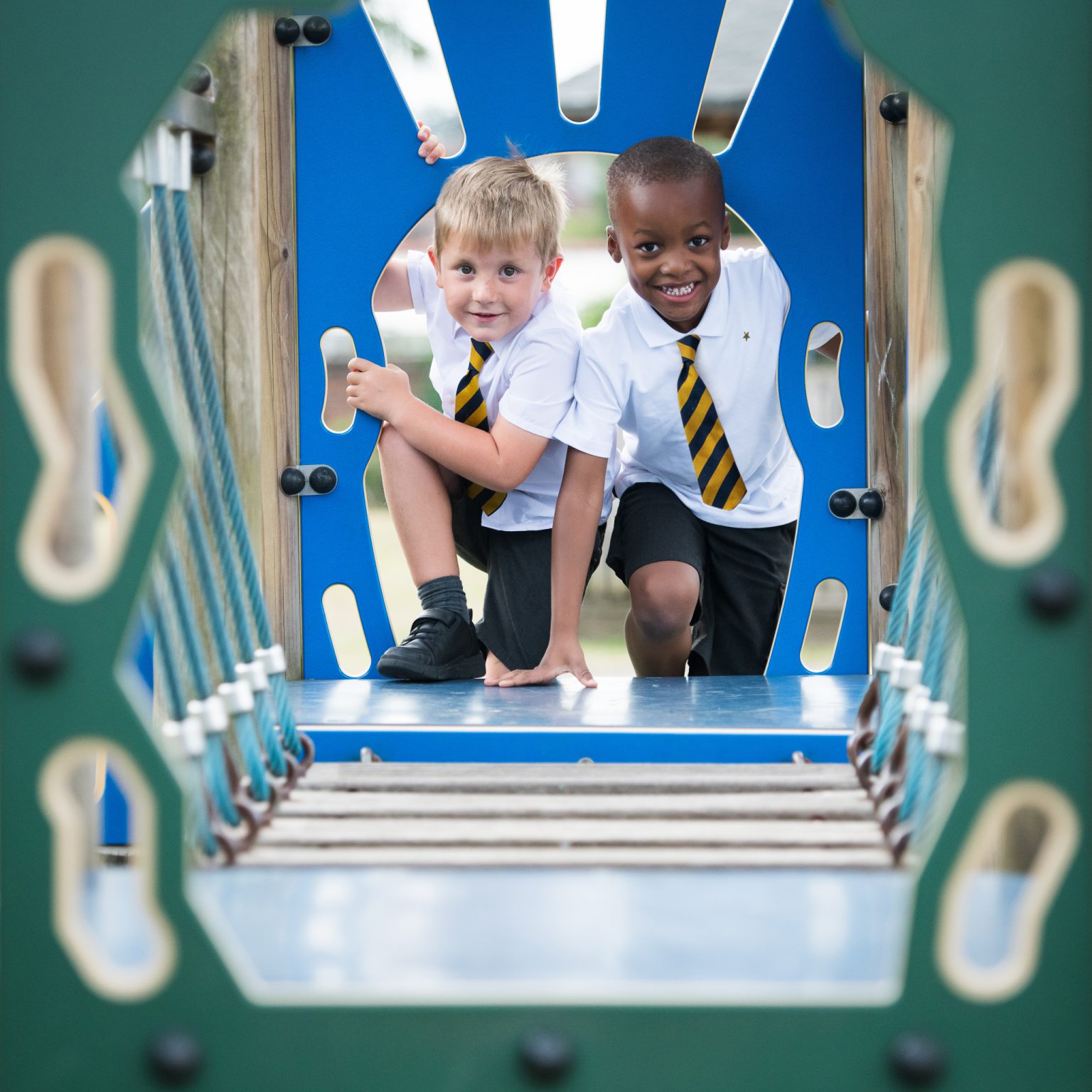Geography
Intent
“The study of geography is about more than just memorising places on a map. It’s about understanding the complexity of our world, appreciating the diversity of cultures that exists across continents. And in the end, it’s about using all that knowledge to help bridge divides and bring people together.” Barak Obama
At St Luke’s Primary School, we inspire a comprehensive understanding of the world around us and a curiosity to learn more about the people and diverse cultures within it. Through a global understanding of geography and our beautiful planet, we believe that our children will develop respect for their physical environment and the people within it. In lessons, we encourage the children to ask questions and seek explanations about how their world works. We aim to empower the children with essential skills and knowledge, enabling them to make positive changes to better the future of our planet.
The aim of teaching geography at our school is:
- To develop pupil’s love and respect for the world and the people within it and a drive to learn more about our planet in order to continue to protect it.
- To develop the courage to stand up for what they know is right and to have the courage to make positive changes to look after the planet. To also develop courage to ask questions and explore with curiosity the world in which we are custodians of.
- To give and instil hope for the future of the world by encouraging the children to look after their planet and help them to respect others by building an understanding of the diverse cultures within it.
Implementation
At St Luke’s Primary School we follow the National curriculum exploring the four key aspects of geography (human & physical geography, locational knowledge, place knowledge and geographical fieldwork).
In EYFS, the children will be exploring the world through child-led discovery, promoting both learning and personal development. Geography is taught in EYFS under the umbrella of ‘Understanding the World’, which covers the three aspects of physical, human and environmental Geography. Learning is organised on a topic basis that focuses on the development of vocabulary, geographical enquiry and map skills. They will think closely about their personal geography and how they fit into the world around them. In KS1 the children will branch outside of their local environment, developing a deeper understanding of the physical and human aspects of the world. In KS2 the children are encouraged to utilise their previous knowledge and become critical thinkers, while developing a deeper understanding of the complexities of the world. Throughout their time at St Luke’s, the children will be provided with ample opportunities to use their fieldwork skills, visiting areas in our locality to enhance their geographical understanding of the world, sparking both excitement and respect for their planet.
Impact
The children are challenged to work geographically in line with the National Curriculum. They will progress through knowledge and skills as outlined in the progression map and build on their vocabulary, knowledge and skills from previous year groups. Assessment is used to ensure that the children are able to know and remember more in relation to geographical knowledge but also apply their skills to practical fieldwork. Assessment information is gathered through class work, discussions and quiz-style tasks. Teachers will use assessment to ensure gaps are filled in readiness for the subsequent years’ curriculum. The impact of the intended geography curriculum is continually monitored by the geography curriculum lead who will use a range of strategies to ensure that the intended curriculum is being delivered and that children are knowing more as a result.
Long Term Overview
Skills Progression

